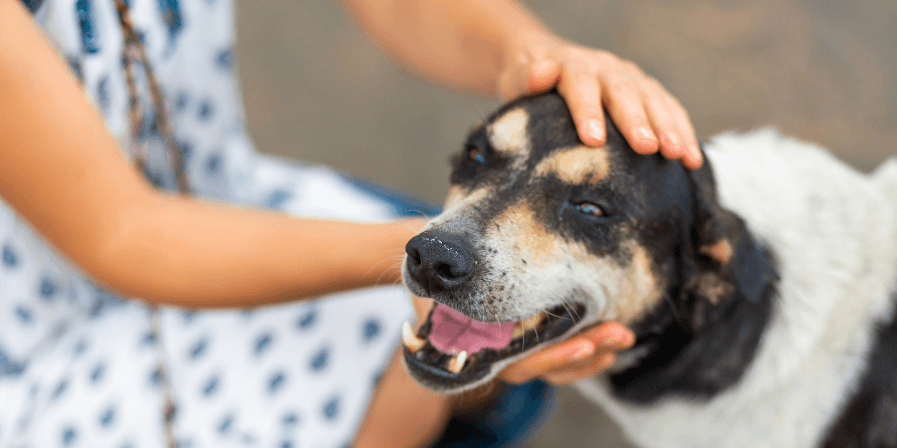A Guide to Caring for Rescue Pets

We celebrate the loving bond between pet owners and their furry companions, especially when it comes to rescue pets. Adopting a rescue pet is a heartwarming act that provides a second chance at happiness for these animals. In this blog post, we'll share tips and insights on how to best care for and nurture your newly adopted rescue pet.
**
- Patience and Understanding:** Rescue pets may have experienced trauma or neglect. Be patient as your pet adjusts to their new home and provide a safe and loving environment. Understand that it may take time for them to trust and bond with you.
2. A Vet's Check-up: Schedule a comprehensive veterinary check-up for your new pet. This will help identify any underlying health issues and ensure they receive the necessary vaccinations and preventive care.
3. Nutrition and Diet: Consult with your veterinarian to determine the best diet for your pet's specific needs. Quality nutrition is crucial for their overall health and well-being.
4. Establish Routine: Rescue pets thrive on routine. Create a consistent schedule for feeding, walks, playtime, and bedtime to help them feel secure.
5. Socialization: Gradually introduce your pet to new people, animals, and environments. This helps them adapt to different situations and become more well-adjusted.
6. Positive Reinforcement Training: Use positive reinforcement techniques to train your rescue pet. Reward good behaviour with treats, praise, and love, and be patient and consistent in your training efforts.
7. Exercise and Mental Stimulation: Provide daily exercise and mental stimulation to keep your pet engaged and prevent boredom. This is especially important for breeds with high energy levels.
8. Safety First: Pet-proof your home by removing hazards like toxic plants and chemicals. Ensure that your rescue pet can't escape by securing your yard or home.
9. Love and Affection: Give your pet plenty of love, affection, and reassurance. Building trust and a strong bond is crucial for rescue pets. **
- Monitor for Signs of Stress:** Keep an eye out for signs of stress or anxiety in your pet. If you notice any unusual behaviours, consult with your veterinarian for guidance.
FAQ’s:
What kind of medical care do rescue pets need?
• Rescue pets should receive a thorough veterinary check-up, vaccinations, flea and tick prevention, spaying/neutering, and regular preventive care. Consult your veterinarian for a personalized care plan.
What should I consider before adopting a rescue pet?
• Before adopting, consider your lifestyle, the needs of the specific pet, your budget for pet care, and your ability to provide a loving and stable home.
<u>Conclusion:</u> Rescue pets bring immeasurable joy and love to our lives. Caring for them requires patience, dedication, and a heart full of compassion. Together, we can provide the care and love these animals truly deserve, and celebrate every moment of their second chance at happiness.


 How can we help?
How can we help?